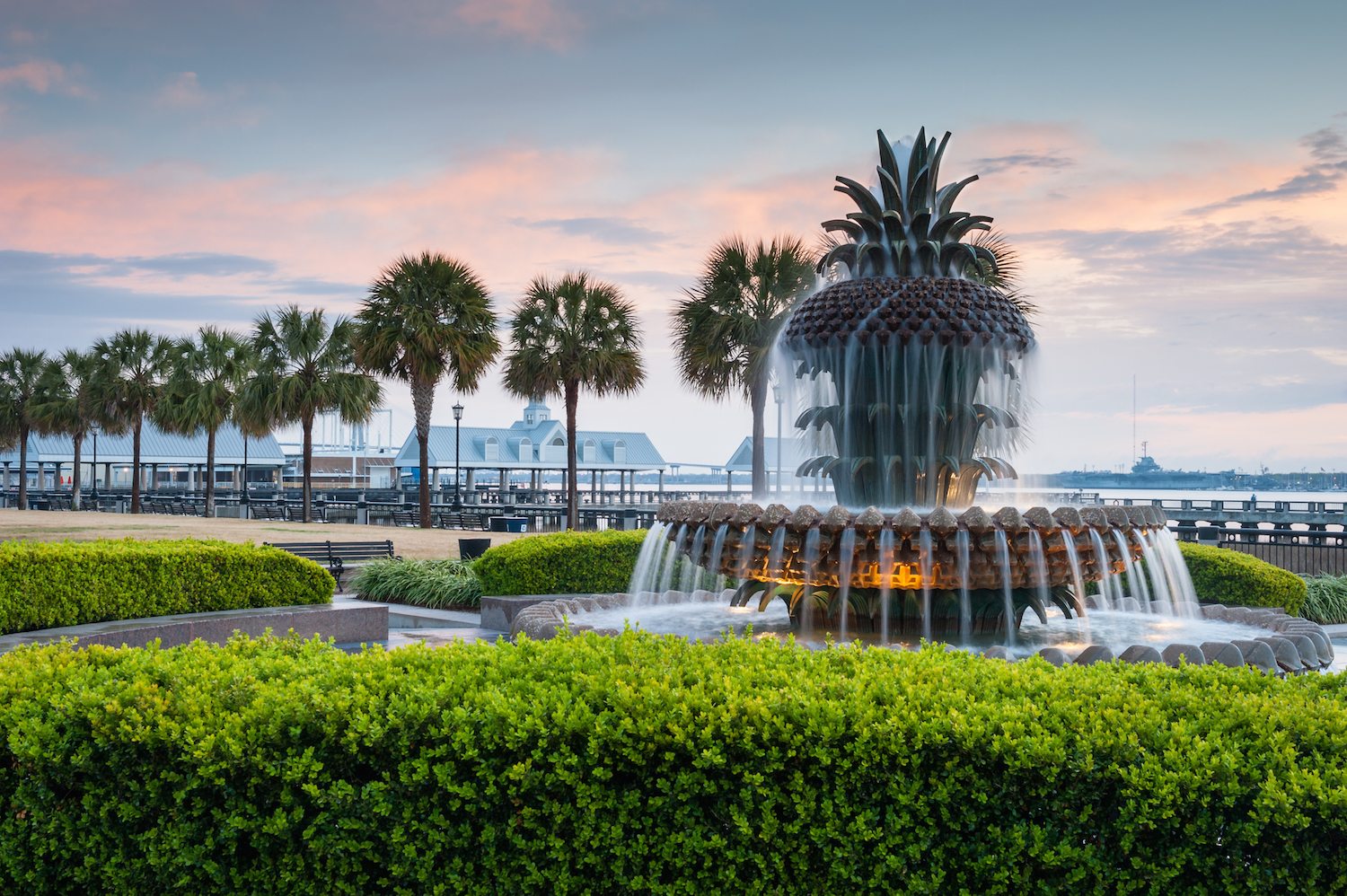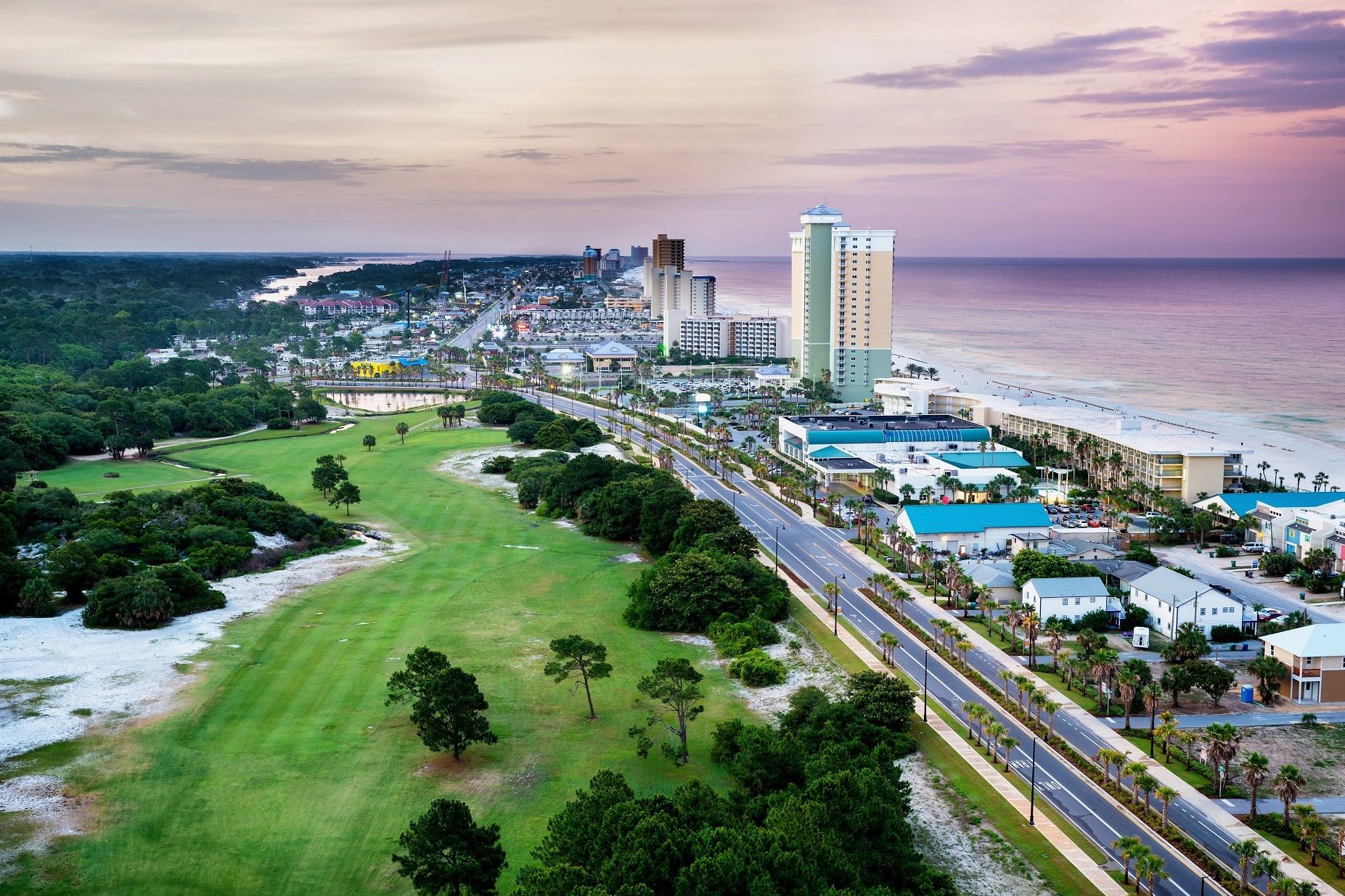There’s nothing like traveling the open road on your bike. The vibration of cylinders beneath you jumpstarts something primitive and exhilarating, forging a connection between you and the asphalt underfoot. From your view atop your bike, the scenery can’t be beat.
Traveling via motorcycle is a favorite among many, but it isn’t for the faint of heart. Explore the pros and cons, and take into account the special considerations of motorcycle travel to decide if it’s right for you.
Pros of Motorcycle Travel
- It’s fun! You can get from point A to point B in a way that is considered a sport, a hobby, and even a way of life. There’s a camaraderie on the road among motorcyclists that makes it a close-knit group of travelers who look out for one another, even if they’re complete strangers.
- Fuel efficiency: Motorcycles are much more fuel-efficient than cars, trucks, or SUVs, with an average of 50 to 70 MPG.
- Parking: Most of the time, parking for motorcycles is not only easier and more readily available, but it’s often closer to your destination. And if you’re on a scenic road trip, pulling off to the side to capture a breathtaking view is a snap.
Cons of Motorcycle Travel
- Safety: One of the drawbacks to traveling by motorcycle is safety. It’s not enough to simply be aware of your own behavior on the road; you have to anticipate the behavior of other drivers. Without a doubt, many drivers on the roadway will not see you. In 2013, bikers were five times more likely to be injured in an accident than passenger car occupants.
- Weather: Weather can be a huge factor in your ability to ride. Rain, sleet, and snow are the enemy on the road.
- Life expectancy: On average, motorcycles have a shorter lifespan than the four-wheel vehicles with which they share the road. Where a car’s odometer may see the 200,000 mile mark, motorcycles rarely make it past 100,000 miles.
Considerations for Traveling on Your Bike
- Legality: Motorcycle road rules can vary vastly from state to state. If you plan to cross state lines on your bike, familiarize yourself with motorcycle traffic laws. For instance, Iowa and Illinois do not have helmet laws, but states like Oregon and Washington require them to be worn at all times. Also, some states have ambiguous laws, like in the state of California, where lane splitting is neither legal nor illegal.
- Motorcycle readiness: One of the most important considerations for motorcycle riding is bike readiness. Be sure to give your bike what the Motorcycle Safety Foundation calls the T-CLOCS. T-CLOCS is an acronym for Tires, Controls, Lights, Oil, Chassis, and Stands, and is the best minimum quick check to make sure your ride is road-ready.
- Licensing: Motorcyclists are required to have a different kind of driver’s license than regular vehicle operators, so be sure you have the proper licensing before heading out for a spin.
The thrill of motorcycling takes endurance, dedication, and street smarts. There are many positives and drawbacks to traveling on your two-wheeled transport, so weigh these factors heavily before deciding if motorcycling is for you.











